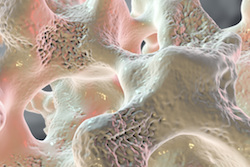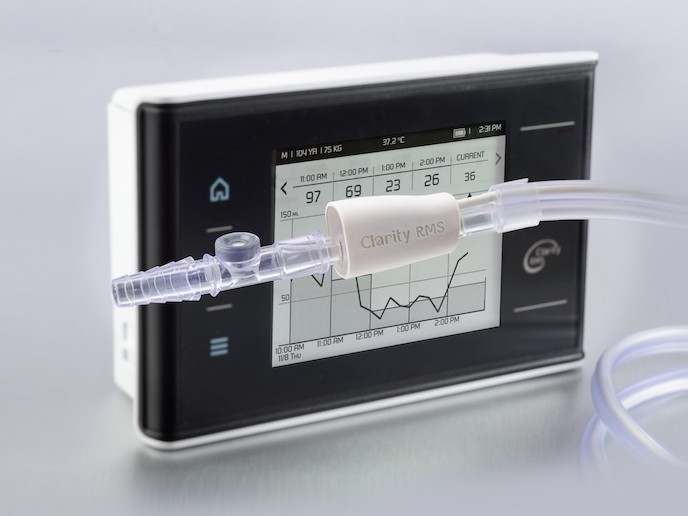Making nursing conditions attractive
There is a general shortage of nursing staff in Europe. This situation is predicted to become more crucial with the increase in the percentage of elderly and consequent parallel demands for hospital care. The project NEXT NURSES' EXIT STUDY evaluated exactly what factors were responsible for the lack of healthy ageing at work in the nursing profession. They hoped to provide reasons for the mass exodus from the profession, prior to retirement age, in most cases. Workers at the Catholic University in Louvain in Belgium undertook a study to account for the large range of nursing turnover - from less than 1% to just over 13%. The group studied the effects of commitment, managerial practices and work environment as relevant factors. The mode of study involved categorising the institutions into the most attractive with the lowest turnover and conventional with the highest turnover. Investigations then took the form of a comparison between the two defined types of hospital. Statistically significant differences were found as regards many criteria relating to overall professional conditions. Attractive institutions reported higher work satisfaction, more patient centred and superior professional care. Nurse autonomy in terms of decision-making was also more prevalent in attractive workplaces, and there was a better perception of working relationships, with both senior nurses and doctors. Not surprisingly, burn-out level was lower in attractive hospitals. Consequently, there were less reports of conflict between work and personal home life, due to empathic work scheduling. Overall, these results reflect the advantages of transformational leadership where management inspires employees and recognises the value of teamwork. Furthermore, attractive organisations have a high degree of support, reward and recognition where nurses feel valued. High commitment is achieved by good relationships between all staff and open and timely communication. Hospital managers should be able to utilise these results to transform their workplaces if necessary. Prevention of low productivity and high turnover will help the development of a European model of attractive healthcare organisations and raised standards.







